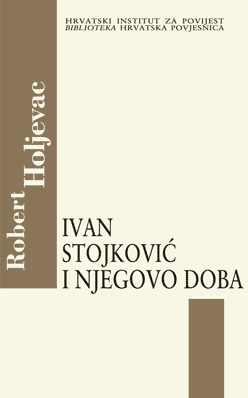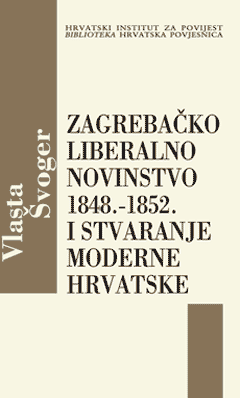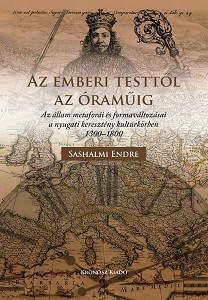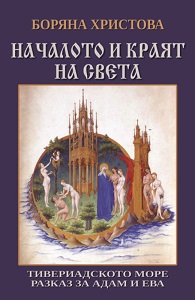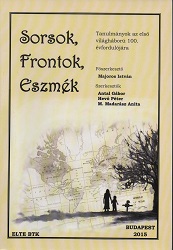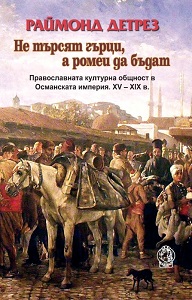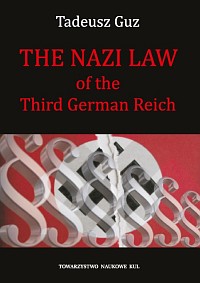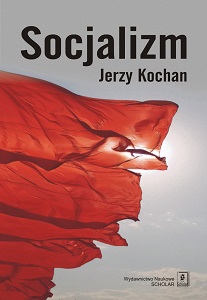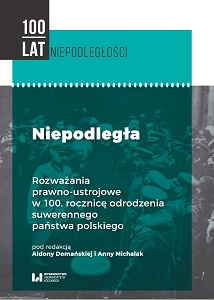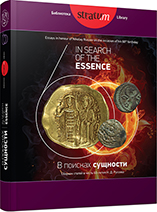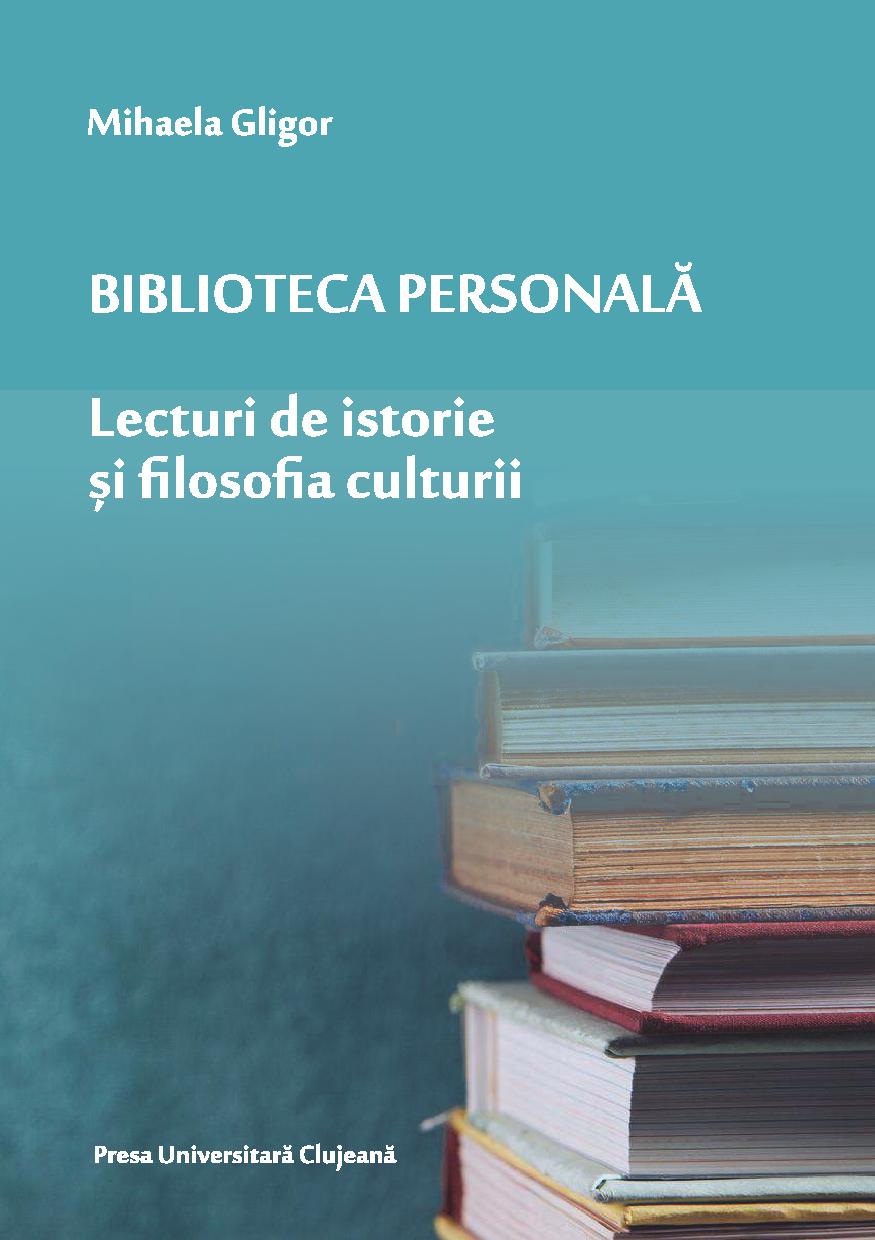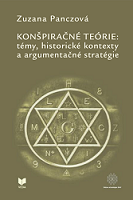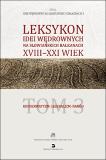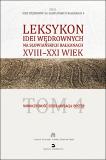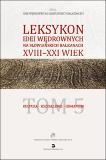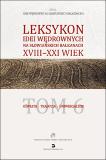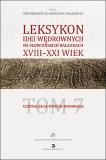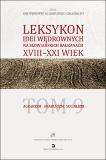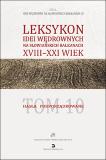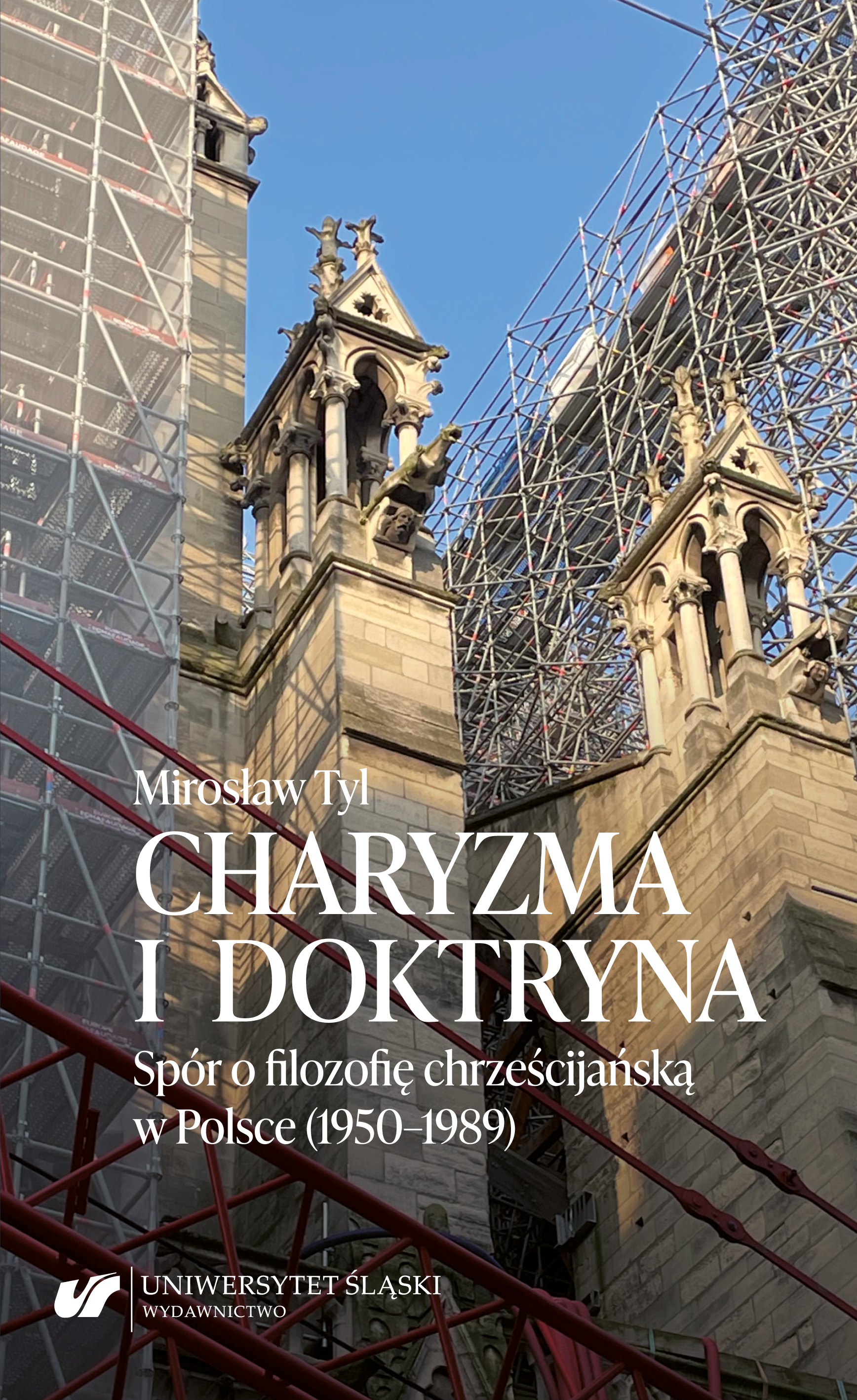Author(s): / Language(s): Polish
The fourth volume of the extensive (ten-volume) monograph by Polish Slavic studies scholars (with contributions from scholars from a number of foreign research centres), made possible by an NCN OPUS grant (2014/13/B/HS2/01057). In terms of form, the monograph is a lexicon, the main body of which consists of entries-articles on the history of 27 selected ideas that anticipated and shaped the processes of modernization in the region: agrarianism, anarchism, capitalism, clericalization, confessions, conservatism, culture, education, enlightenment, evolution, history, homeland, humanism, liberalism, modernity, nation, politics, progress, rationalism, reformation, religion, revolution, schooling, secularization, socialism, tradition, and universalism. Their semantics, changeable as it was in response to local conditions, was investigated separately for each of the seven current states of the southern Slavdom: Bosnia and Herzegovina, Bulgaria, Croatia, Macedonia, Montenegro, Serbia, and Slovenia. Volume 4 presents the three ideas – modernity, secularization, and progress – that are at the foundations of global political, cultural and even religious imagery. The book contains many synthetically expressed, original, and source-based insights on the southern Slavic cultures’ struggles with modernity.
More...
